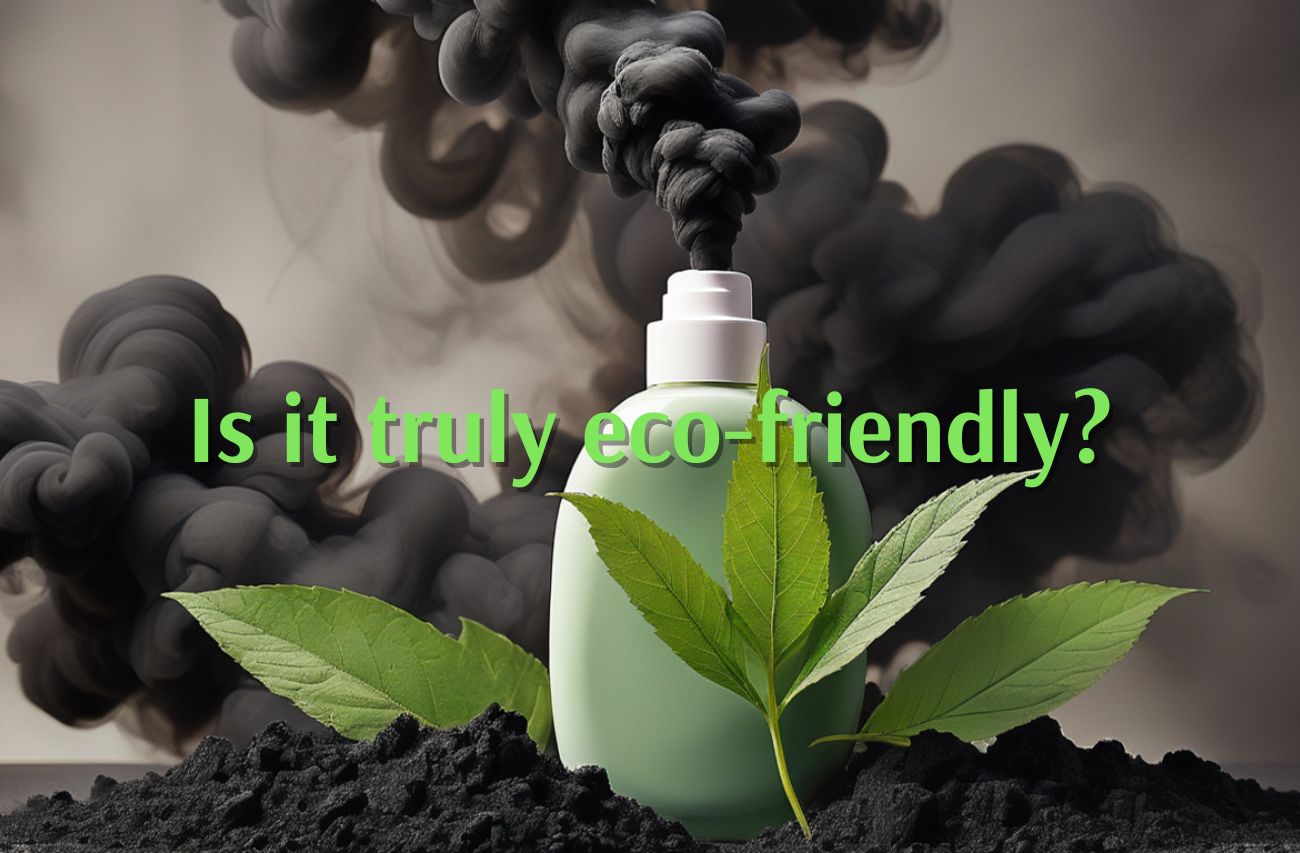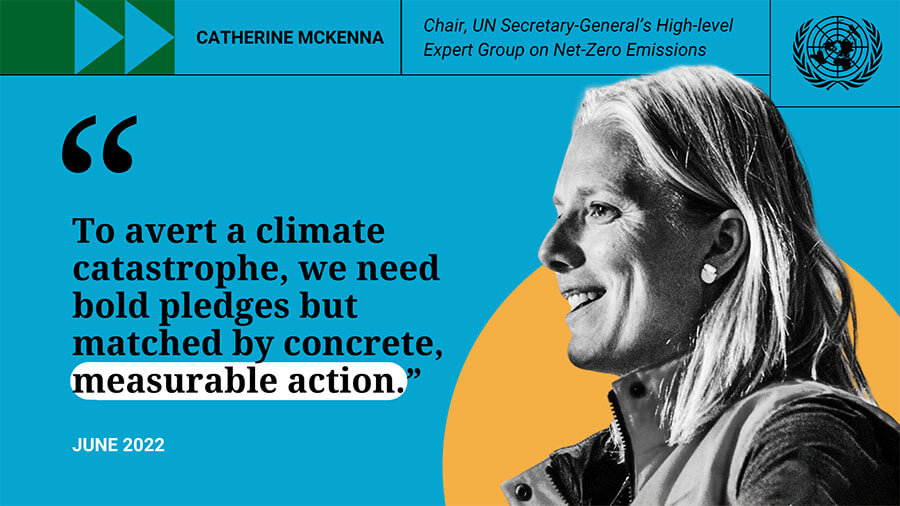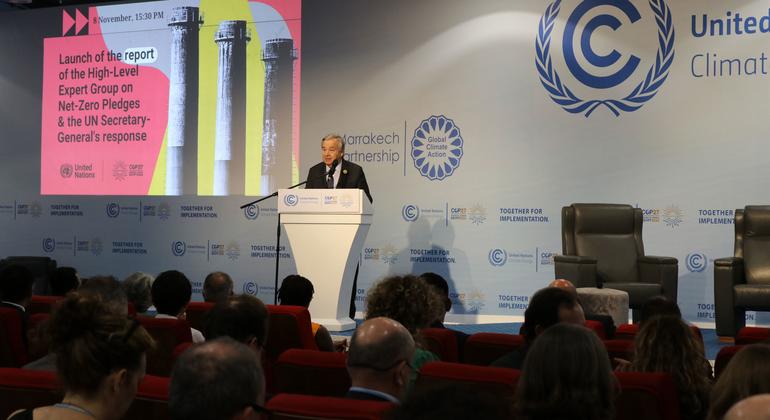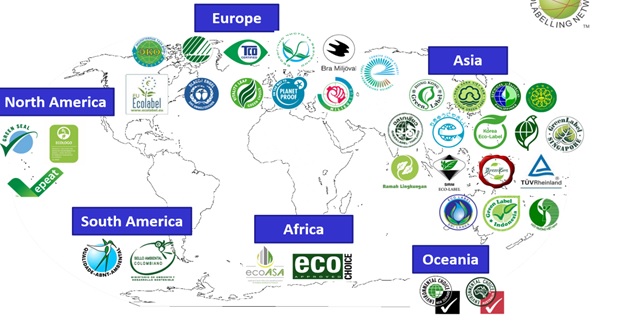
Rising issues of greenwashing
n recent years, environmental consciousness has surged, spurred by concerns over climate change, pollution, and resource depletion. This has resulted in consumers increasingly demanding sustainable practices from corporations. However, amidst this trend, a disconcerting phenomenon has emerged – ‘greenwashing.’ This deceptive marketing tactic cloaks businesses in an illusion of eco-friendliness while often concealing environmentally harmful practices.
Table of contents:
Why should we be concerned and what is its relation to climate change?
Financial institutions under scrutiny
Strategies for detecting greenwashing
Scrutinize labels and certifications
Research beyond marketing claims
Assess the entire supply chain
Make informed purchasing decisions
What is greenwashing?
Greenwashing, a portmanteau of ‘green’ and ‘whitewashing,’ refers to the deceptive practice of conveying a false impression or providing misleading information about a company’s environmental practices. Rather than implementing substantive changes to reduce their environmental footprint, businesses engage in greenwashing to capitalize on the growing consumer demand for sustainability.
The United Nations states that “Greenwashing presents a significant obstacle to tackling climate change. By misleading the public to believe that a company or other entity is doing more to protect the environment than it is, greenwashing promotes false solutions to the climate crisis that distract from and delay concrete and credible action.”
How is greenwashing done?
Greenwashing presents itself through various tactics, some more noticeable than others, including:
— Claiming progress towards reducing a company’s polluting emissions to net zero without a credible plan in place
— Employing deliberate vagueness or lack of specificity regarding company operations or materials utilized
— Using intentionally misleading labels like ‘green’ or ‘eco-friendly,’ lacking standardized definitions and prone to misinterpretation
— Suggesting that a small change makes a big difference or advertising a product meeting basic regulations as much better than average
— Highlighting a singular environmental attribute while disregarding other impacts
— Claiming to avoid illegal or non-standard practices irrelevant to the product
— Separating the environmental benefits of a product from the overall brand activities, like promoting a garment made from recycled materials while ignoring the pollution caused by the high-emission factory where it is made, severely affecting nearby air and waterways
Also read: How to decode sustainability jargon
Why should we be concerned and what is its relation to climate change?
The reason is quite obvious. Human activities, emitting greenhouse gasses like carbon and methane, are causing significant pollution, resulting in a warming of the planet and severe consequences such as stronger storms, droughts, floods, and wildfires. To combat climate change and ensure a habitable Earth, emissions must be nearly halved by 2030 and brought down to net zero by 2050. Every small degree of warming is crucial, and as emphasized by the former chair of the High-Level Expert Group on Net-Zero Emissions Commitments of Non-State Entities, “the planet cannot afford delays, excuses, or more greenwashing.”

Greenwashing undermines genuine efforts to cut emissions and tackle the climate crisis. By using deceptive marketing and false claims of sustainability, greenwashing misleads consumers, investors, and the public, eroding trust and hindering the necessary ambition and action required for global change and a sustainable future.
The impacts of greenwashing
Undermining consumer trust
Greenwashing erodes consumer trust by misleading individuals who seek to make environmentally conscious purchasing decisions. When companies exaggerate or fabricate their environmental credentials, consumers may feel betrayed and skeptical of future sustainability This erosion of trust can damage brand reputation and lead to long-term consequences for companies caught greenwashing.
Impeding genuine progress
Greenwashing can also impede genuine progress toward sustainability by diverting attention and resources away from meaningful initiatives. When companies prioritize superficial green gestures over substantive changes, they perpetuate the misconception that token efforts are sufficient for environmental stewardship. This can hinder the adoption of more impactful measures and slow progress towards a truly sustainable future.
Also read: Do customers care about sustainability?
Environmental harm
Perhaps most concerning is the potential for greenwashing to conceal environmentally harmful practices. By presenting a false image of eco-friendliness, companies may obscure their involvement in activities that contribute to pollution, deforestation, or resource depletion. This not only perpetuates environmental degradation but also prevents consumers and stakeholders from holding companies accountable for their actions.
Current scenario
In 2023, the spotlight on greenwashing intensified as brands faced scrutiny for their exaggerated sustainability claims. Here are some key developments:
Legal battles in courtrooms
South Korea took a significant step by becoming the first Asian country to fine companies for making exaggerated green claims. Notably, an energy major faced a lawsuit for claiming it could produce ‘carbon dioxide-free’ natural gas. However, the maximum fine for greenwashing firms in Korea is a modest US$2,300, raising questions about its impact.
Countries like Japan, Australia, Hong Kong, and Singapore released guidelines for the finance sector to avoid greenwashing in environmental, social, and governance (ESG) disclosures. Singapore even explored using artificial intelligence to detect dubious claims.
Along with this, after more than a year of anticipation, Asia’s public relations industry association finally produced guidelines for brands on how to communicate sustainability credibly.
European Union’s stance

The European Union took a firm stand against greenwashing. It moved to ban the term “carbon neutral” and outlaw climate claims based solely on carbon offsetting. This move aimed to curb misleading sustainability narratives.
At COP28, an activist group called Clean Creatives shed light on the role of advertising and public relations agencies. These agencies were part of the rebranding strategy of the United Arab Emirates (UAE), positioning it as a leader in renewable energy. The report identified agencies that worked simultaneously for COP28, the UAE presidency, and fossil fuel contracts.
Global trends and challenges
While lawsuits against brands accused of greenwashing gained momentum in the West, regulators started tightening the screws on companies guilty of greenwashing.
For example, Apple, a tech giant, came under the spotlight for its environmental claims, while CityEnergy was accused of exaggerating its green credentials. Prism+, a consumer electronics brand, faced investigation due to misleading marketing campaigns. Meanwhile, FutureCoal raised eyebrows with dubious sustainability narratives. Even Lufthansa, a major airline, was questioned over its carbon reduction claims. These instances underscore the need for vigilance against greenwashing practices, ensuring that brands remain accountable for their sustainability promises.
Financial institutions under scrutiny
Instances of greenwashing by banks and financial services companies worldwide surged by 70% in the past 12 months. European financial institutions were at the forefront of these instances, with many claims related to fossil fuels.
India’s take on greenwashing
In the Indian context, greenwashing has emerged as a pressing issue, particularly affecting sectors like FMCG, textiles, and home appliances. Transparency and accountability are often lacking, allowing greenwashing practices to thrive. However, there are considerable steps taken to fight against this grave issue which are making an impact in real time. Following are some of the regulatory measures taken by:
— Reserve Bank of India (RBI): The RBI is actively combating greenwashing in financial services. It aims to address exaggerated or unproven Environmental, Social, and Governance (ESG) claims that can erode market confidence in such products
— Advertising Standards Council of India (ASCI): ASCI has issued guidelines targeting green claims made via advertisements, aiming to curb misleading narratives
— Government Oversight: Regular green audits and stringent laws are essential to check deceptive practices and protect consumers
— Awareness: Educating consumers about the downsides of greenwashing empowers them to make informed choices in favor of genuinely sustainable products
Strategies for detecting greenwashing
Scrutinize labels and certifications
When evaluating a company's environmental claims, it is essential to scrutinize the legitimacy of any eco-labels or certifications they may use. Genuine certifications such as Fair Trade, USDA Organic, or LEED (Leadership in Energy and Environmental Design) require rigorous standards and independent verification, providing more assurance of a company's sustainability efforts.

Research beyond marketing claims
Do not rely solely on a company's marketing slogans or advertisements to assess their environmental Instead, conduct independent research to learn more about their environmental track record, transparency in reporting, and participation in industry initiatives or partnerships focused on sustainability. Look for concrete evidence of environmental commitments, such as publicly available sustainability reports or carbon reduction targets.
Assess the entire supply chain
Consider the environmental impact of a company's entire supply chain, from raw material sourcing to manufacturing processes and product distribution. A truly sustainable company will prioritize sustainability throughout its operations, not just in select areas or product lines. Look for companies that demonstrate a comprehensive approach to environmental stewardship, including efforts to reduce waste, conserve resources, and minimize their carbon footprint across all stages of production.
Make informed purchasing decisions
Prioritize research and opt for products from companies that demonstrate responsible resource usage and a commitment to reducing emissions and waste. A useful starting point for your research is to verify if the company aligns with any of the UN's climate and sustainability initiatives, such as the UNFCCC's Race to Zero or Fashion Industry Charter for Climate Action, as well as the UN Alliance for Sustainable Fashion, among others.
Evaluate the product's lifecycle
When assessing a product, consider its entire lifecycle, spanning from raw material extraction, production, shipping, and disposal among other processes involved, while also acknowledging the environmental impacts linked to its materials and packaging.
Also read: 7 biodegradable materials to switch to, Green wave: The rise of plant-based materials and 8 innovative & super sustainable products
Brands making genuine efforts
In a significant move towards transparency and accountability, fashion giants Asos, Boohoo, and George at Asda have agreed to revamp their approach to environmental claims, following an investigation by the Competition and Markets Authority (CMA). These brands have committed to providing clear and specific information about their products’ environmental credentials, steering away from vague terms like ‘eco’ or ‘sustainable.’ Instead, they will disclose details such as the percentage of recycled or organic materials used in their clothing lines. Moreover, they’ll establish stringent criteria for labeling items as part of an environmental range, ensuring alignment with genuine sustainability standards.
This marks a pivotal moment in the industry, with CMA CEO Sarah Cardell emphasizing the importance of these agreements in restoring consumer confidence in green claims. As part of the deal, the brands will regularly report to the CMA on their compliance and internal processes, fostering accountability. Boohoo, for instance, expressed its commitment to providing accurate information and progressing its sustainability agenda, while Asos welcomed the move towards equal standards across the fashion sector. The overarching message is clear: the fashion industry must prioritize honesty and clarity in environmental messaging, setting a precedent for responsible marketing practices that benefit both consumers and the planet.
Way forward
In an era where environmental concerns are at the forefront, the prevalence of greenwashing poses a significant challenge to both consumers and genuine sustainability efforts. By understanding the tactics employed in greenwashing, recognizing prevalent examples, and employing strategies for discernment, consumers can empower themselves to make informed choices and hold businesses accountable for their environmental claims.
Ultimately, combating greenwashing requires collective vigilance and a commitment to fostering genuine environment-friendly practices in both corporate and consumer behavior. Together, we can cultivate a future where sustainability is not just a marketing buzzword but a genuine commitment to preserving our planet for generations to come. Qalara’s values aim to endorse a global sustainable supply chain and help ethical brands stay true to their vision. Though we have a long way to go, we invite you to join us in this movement and fight against climate change bit by bit!
~ Written by Shambhavi






Sheena
Very relevant post. Enjoyed reading it!